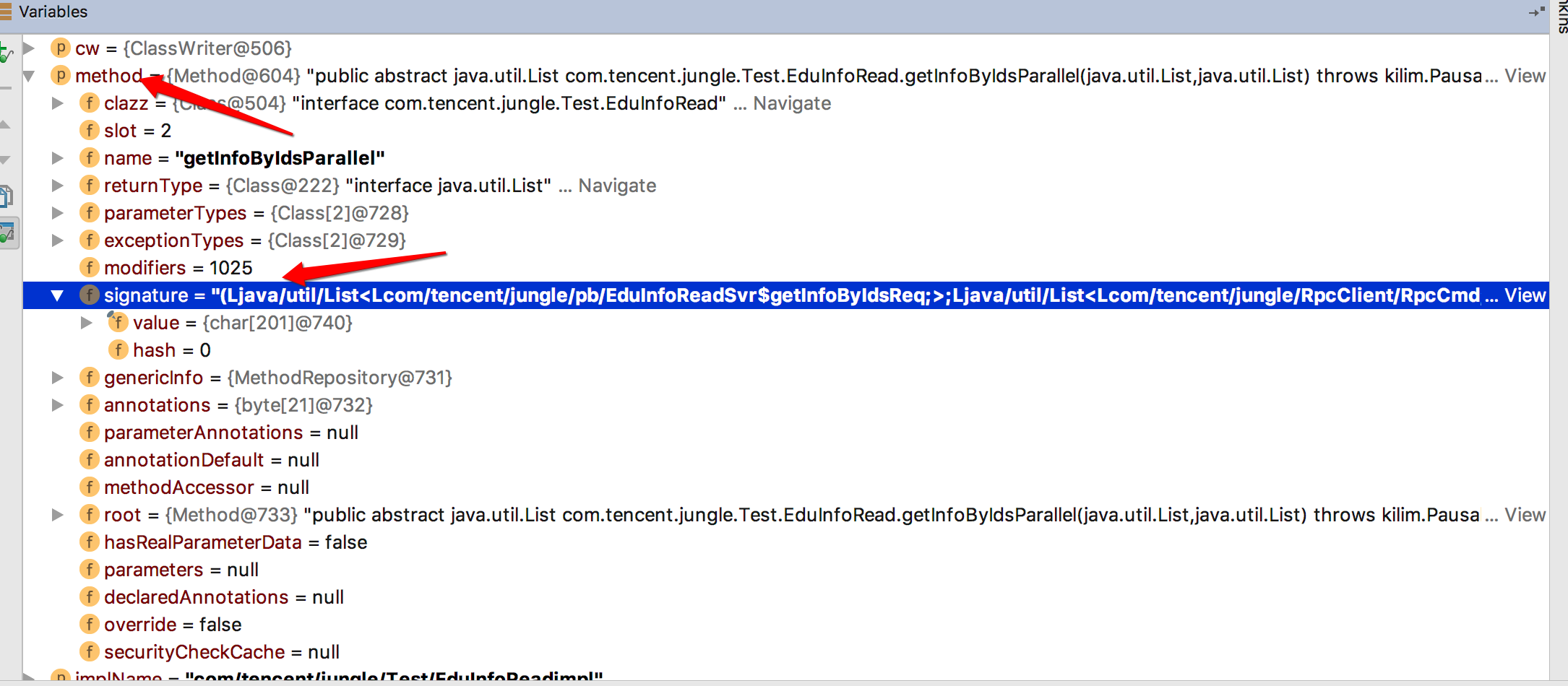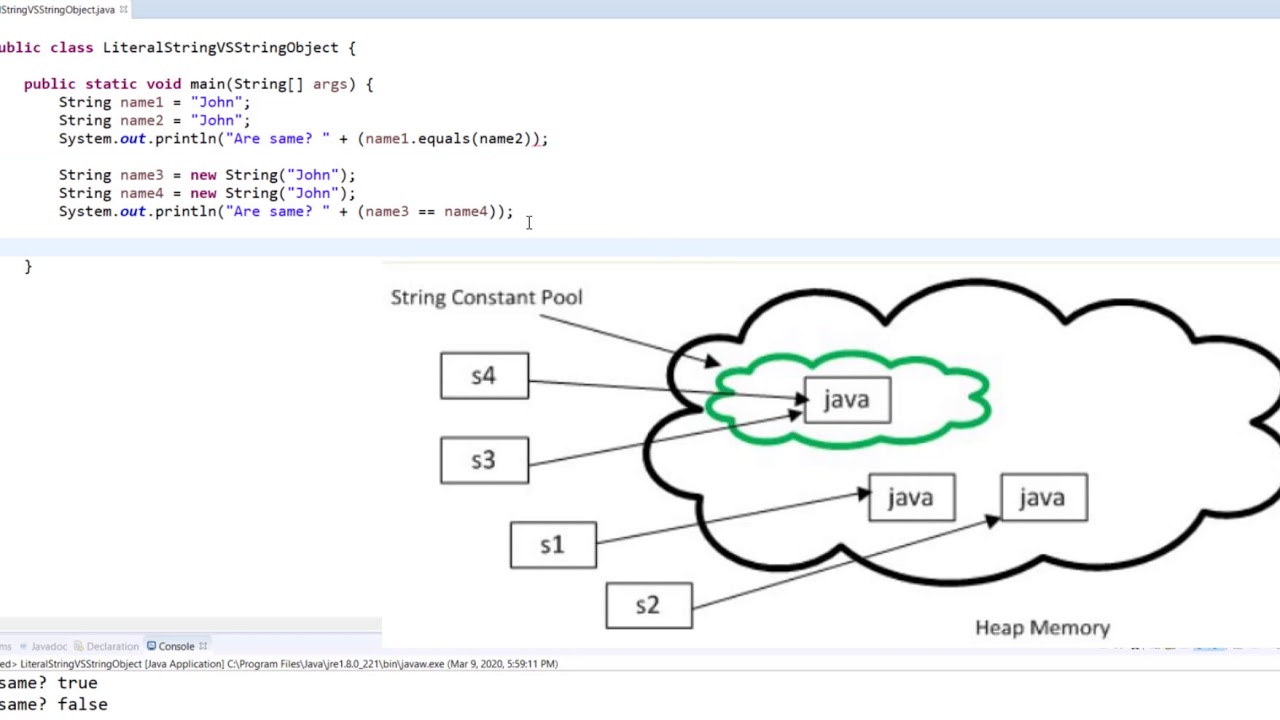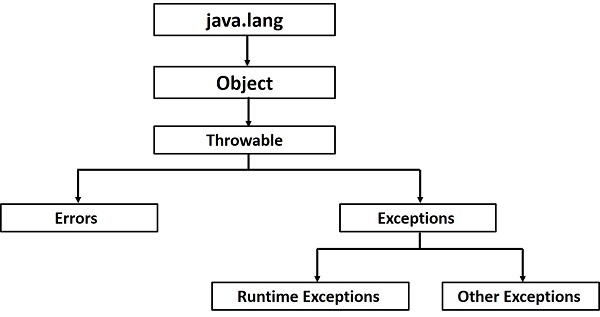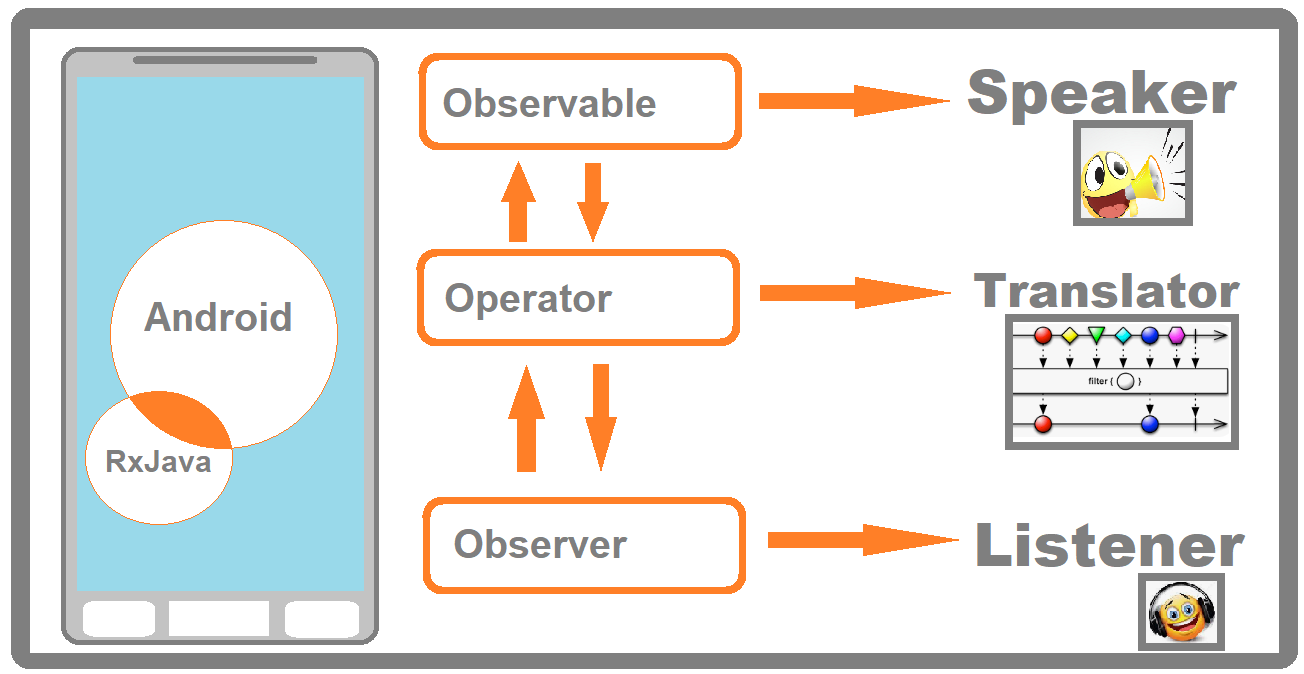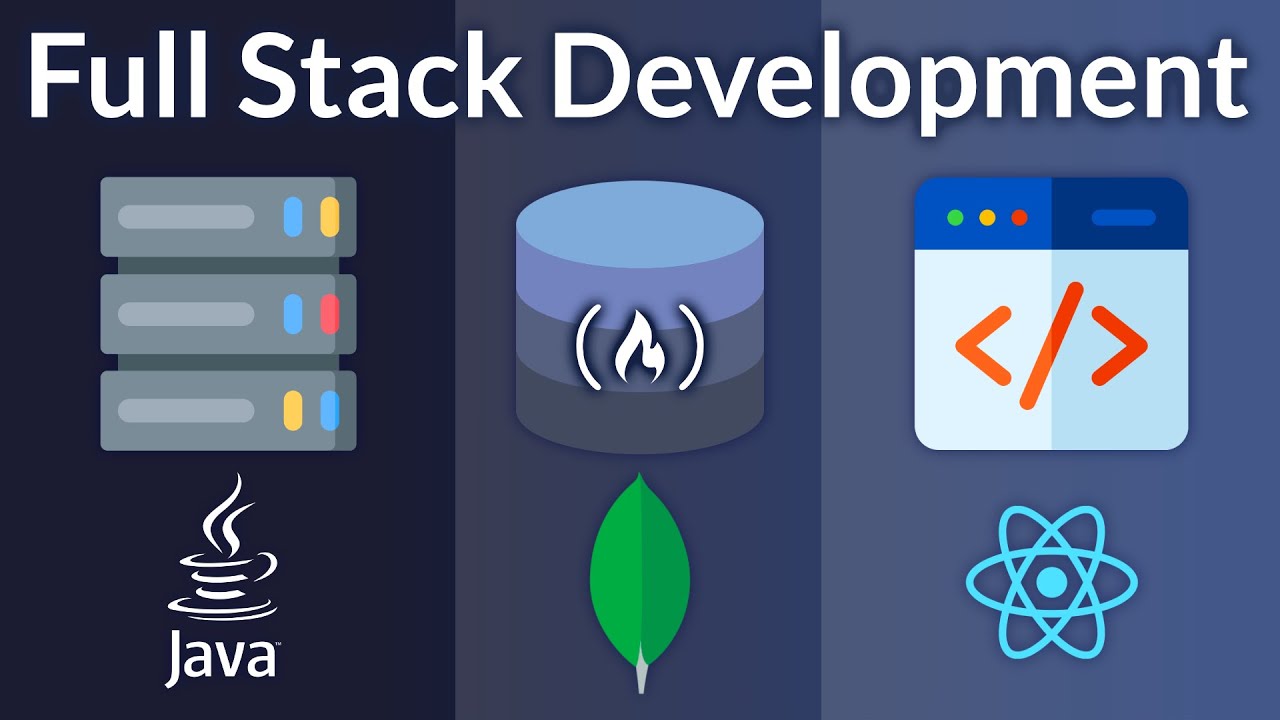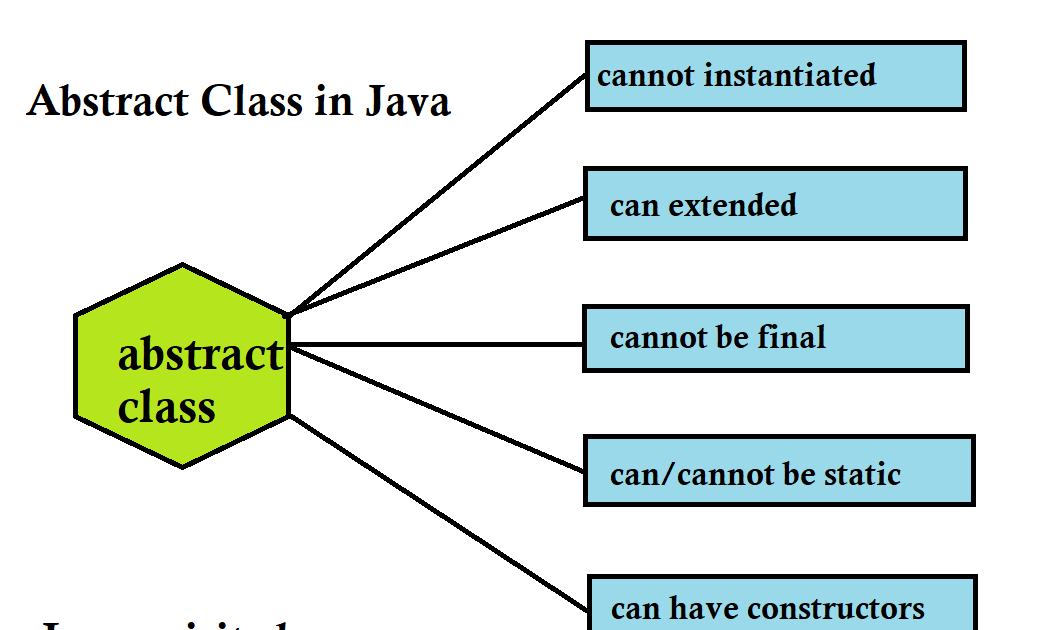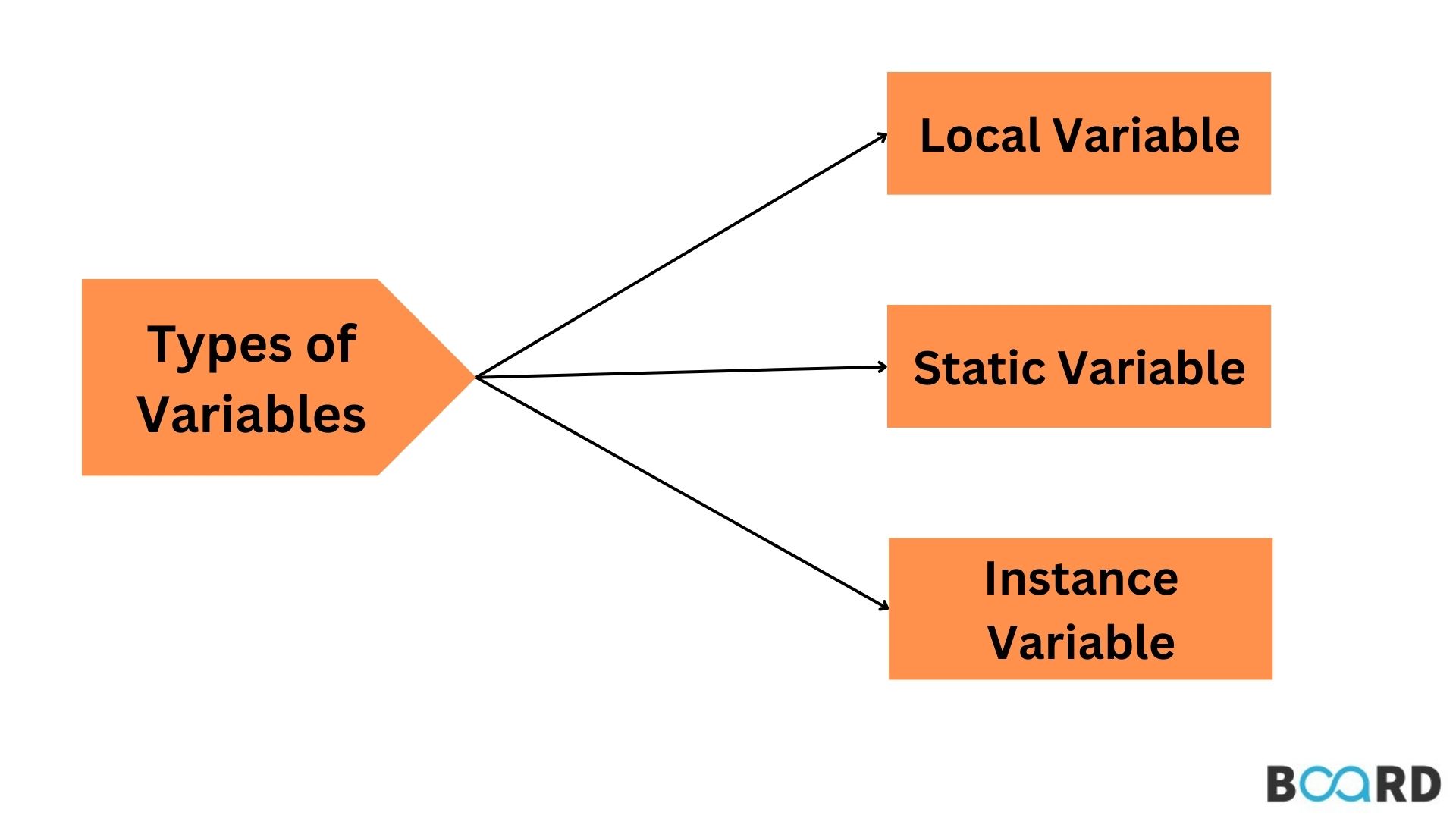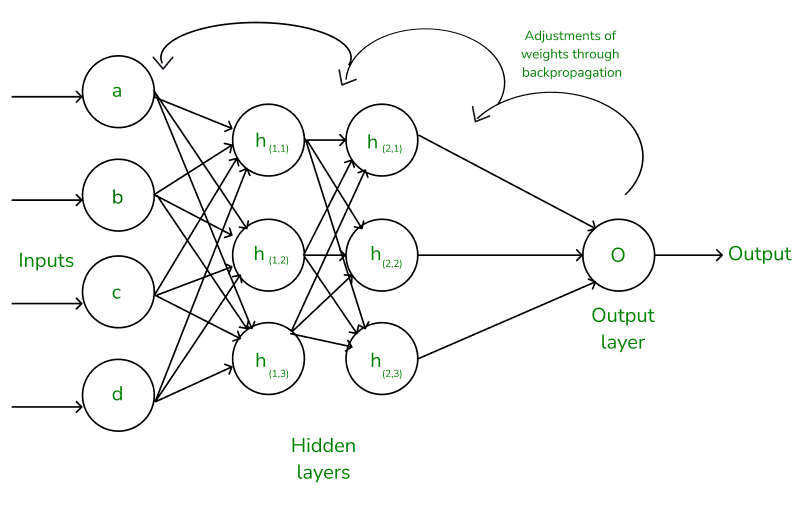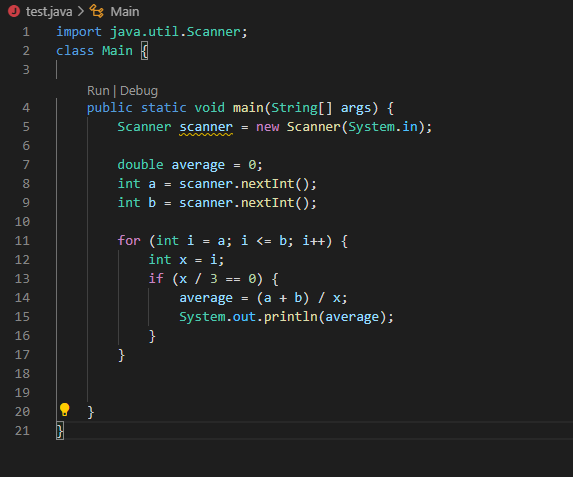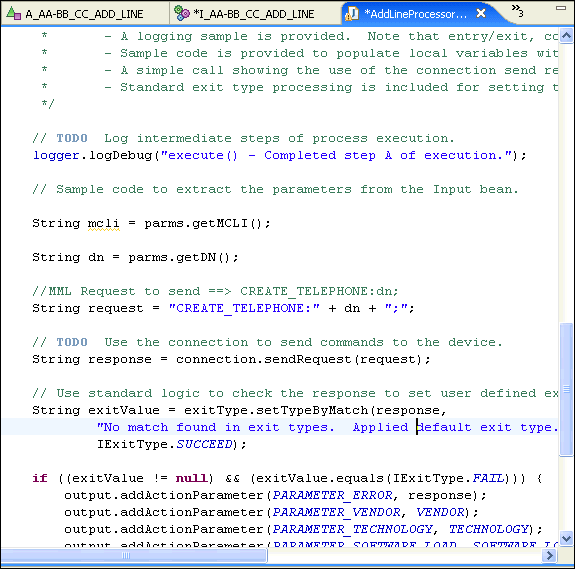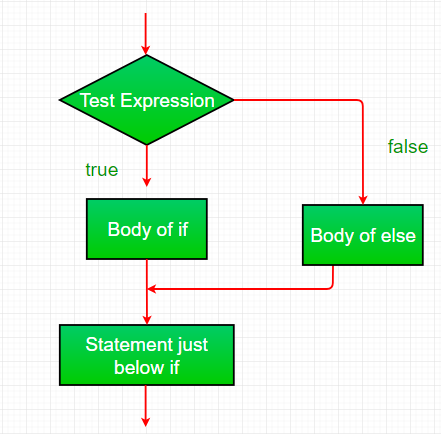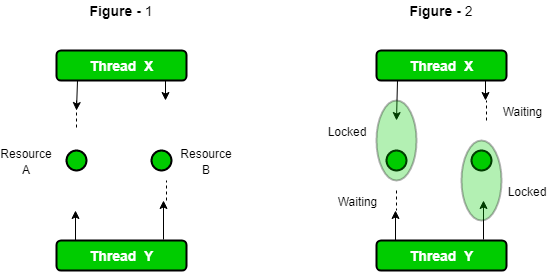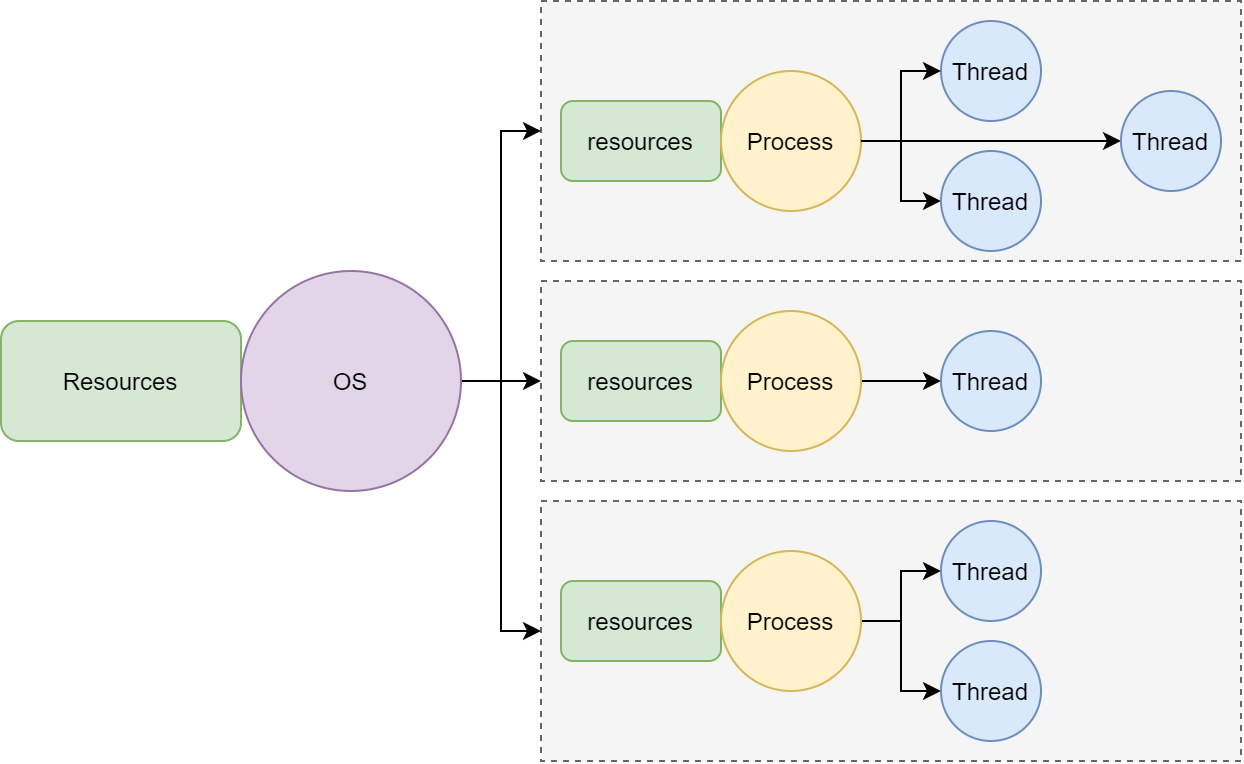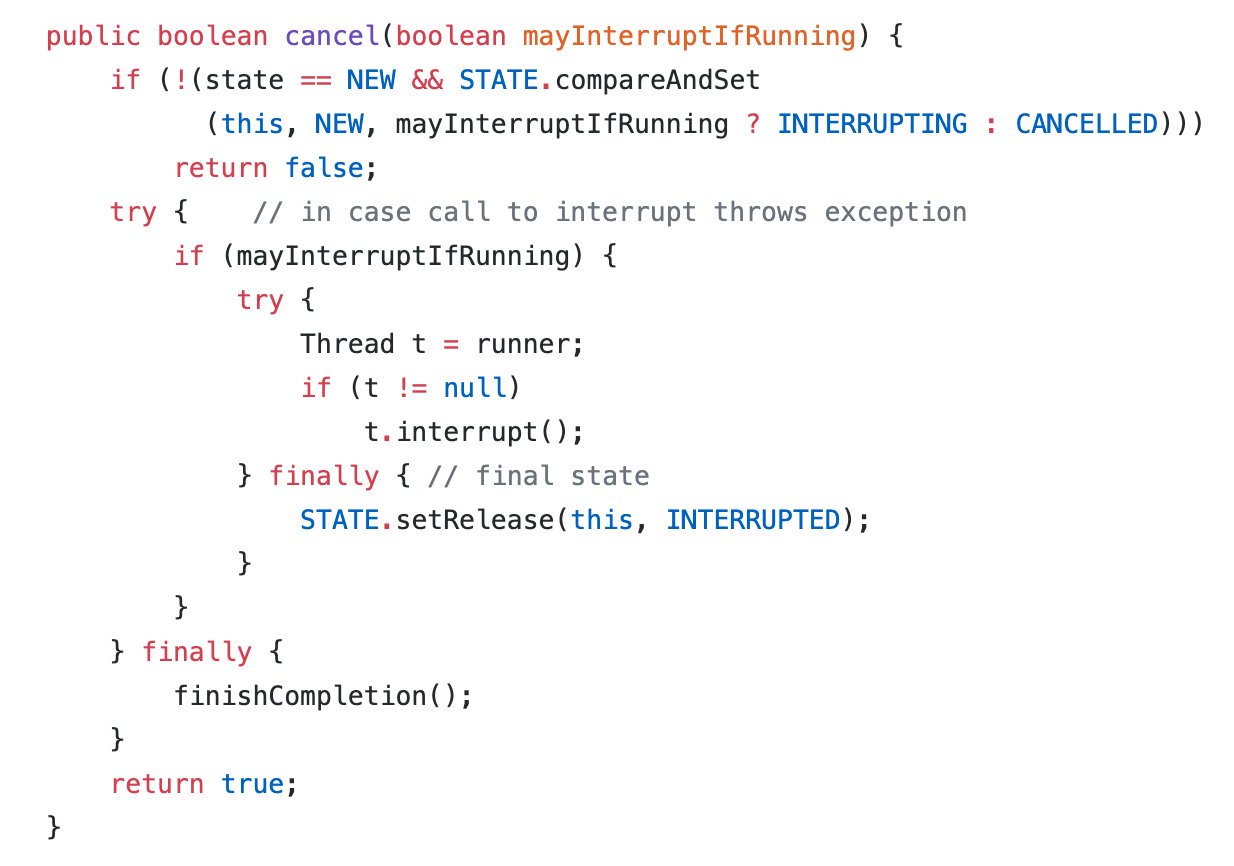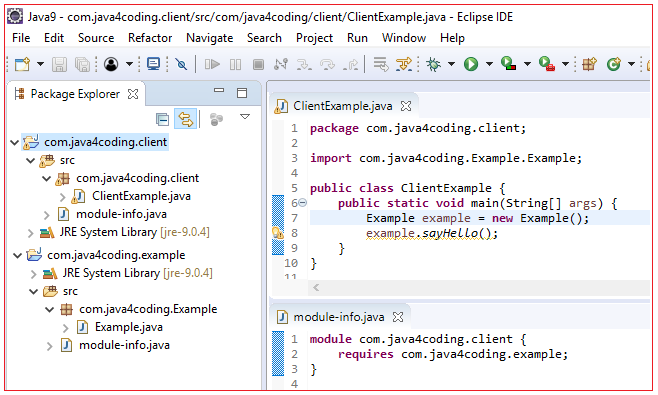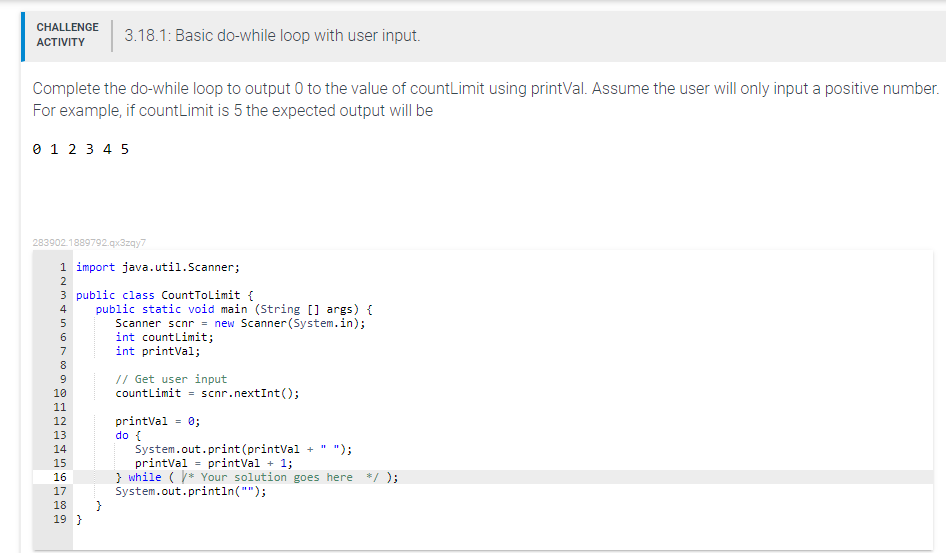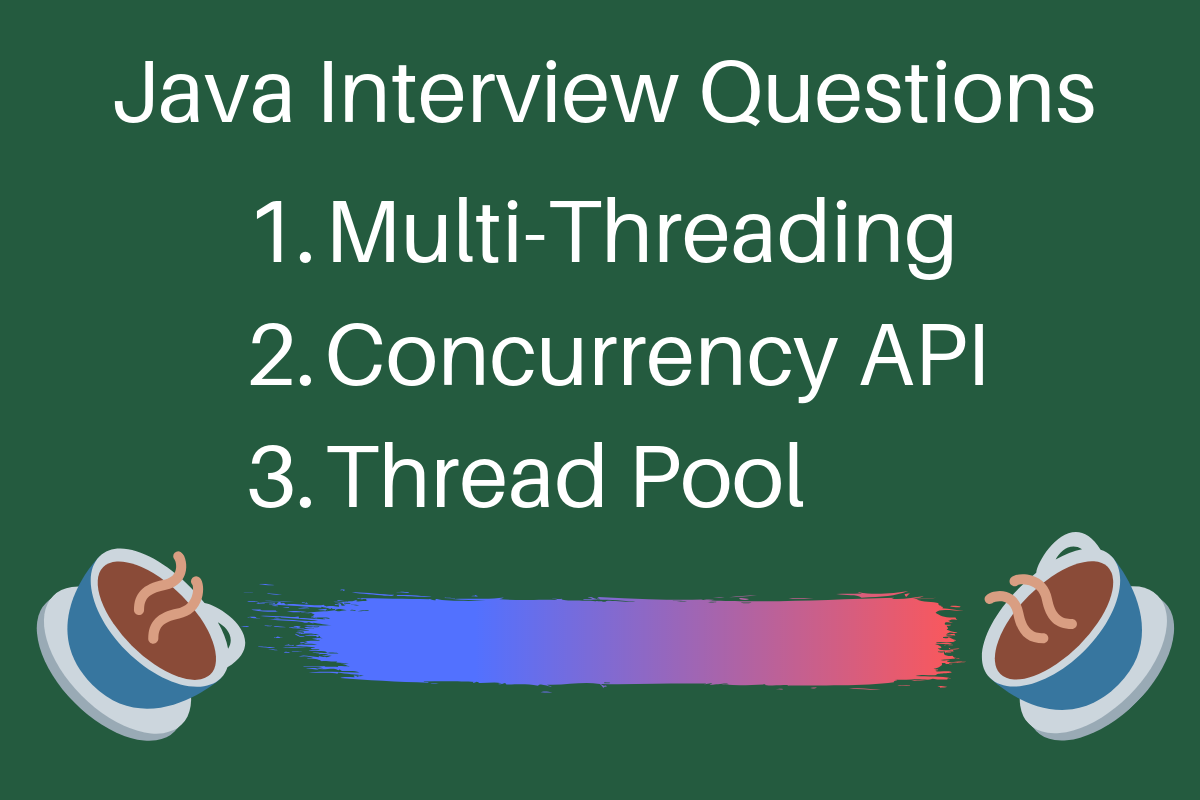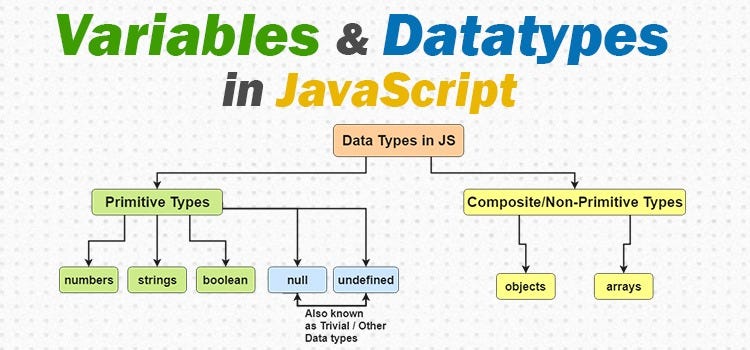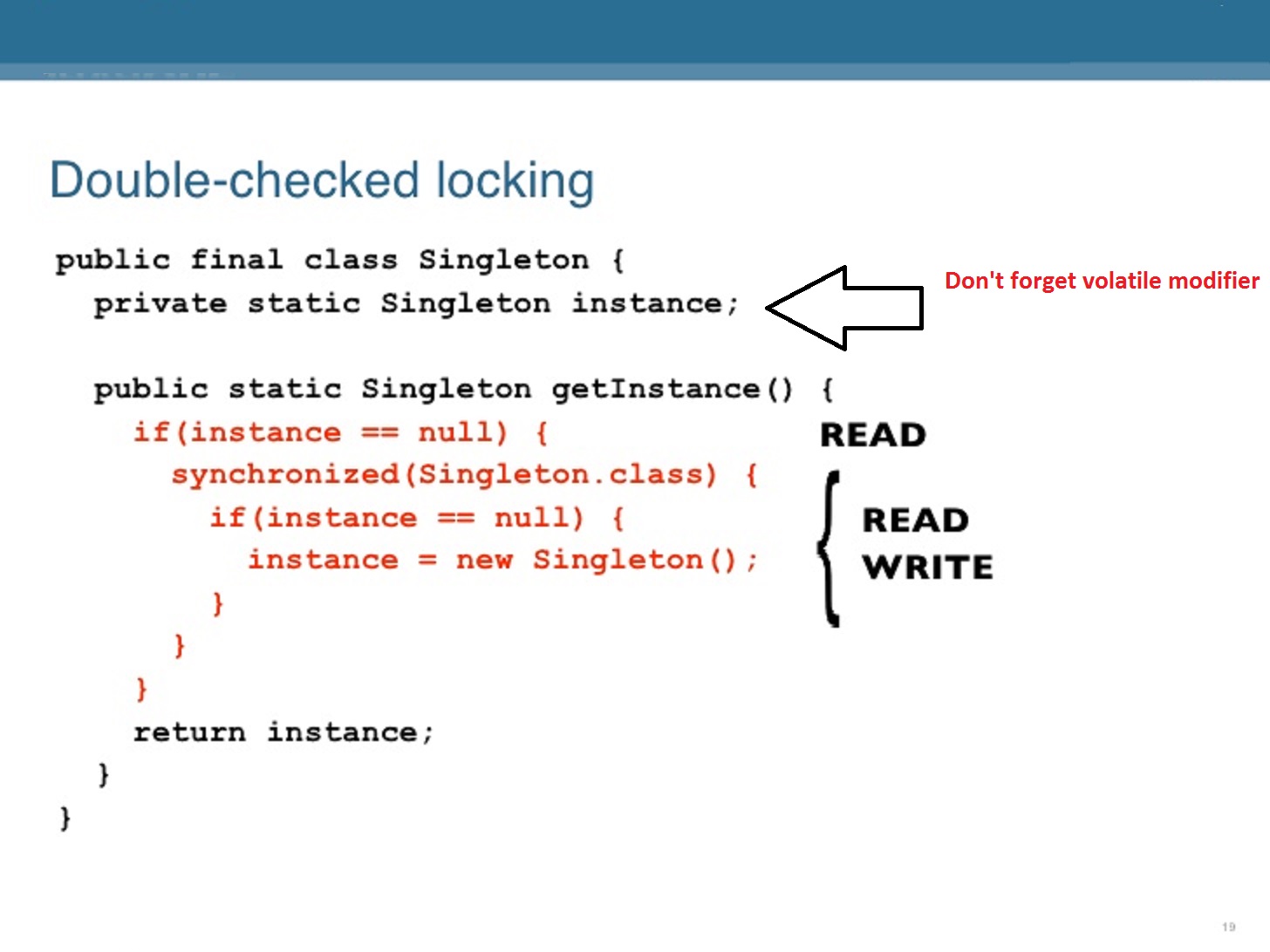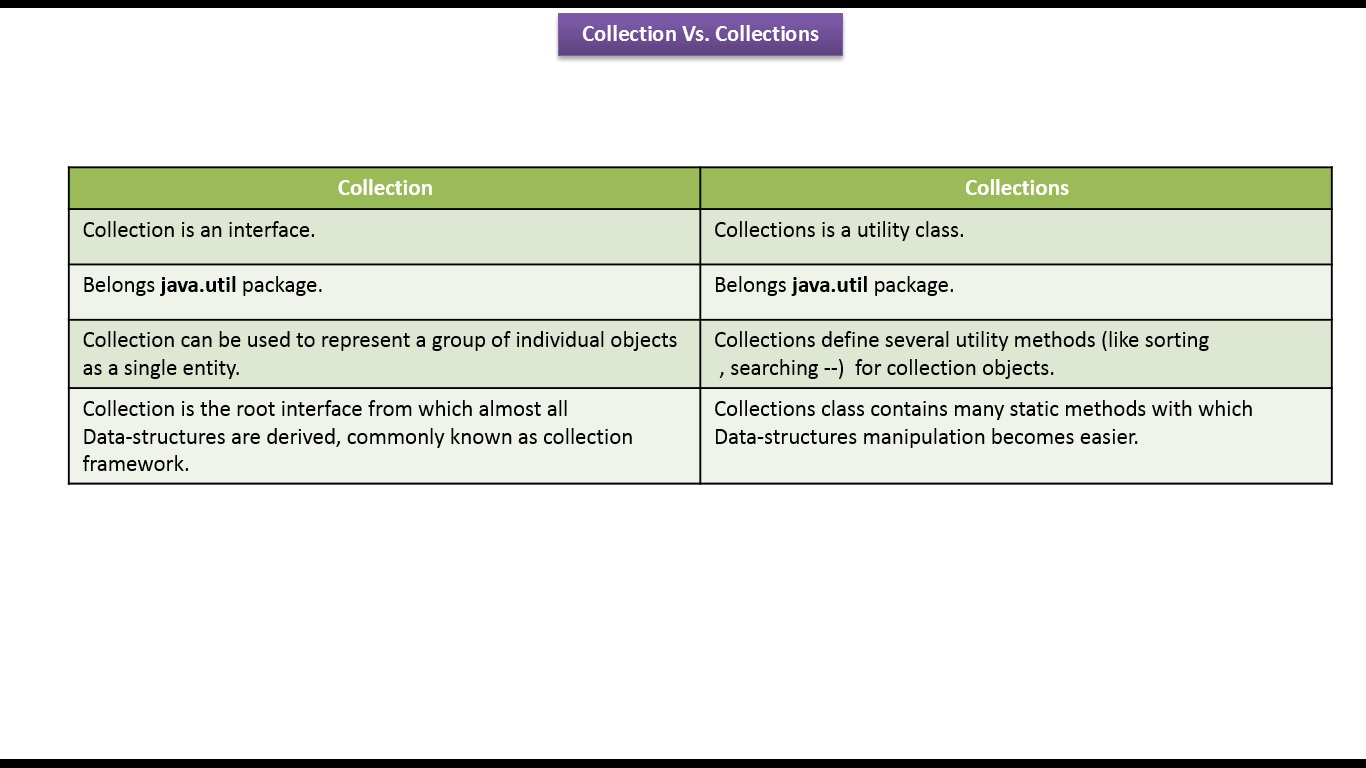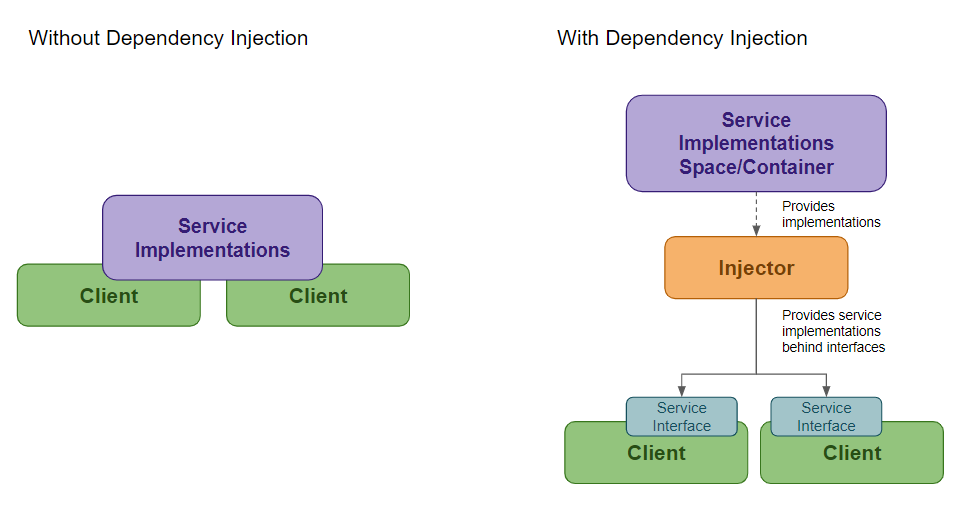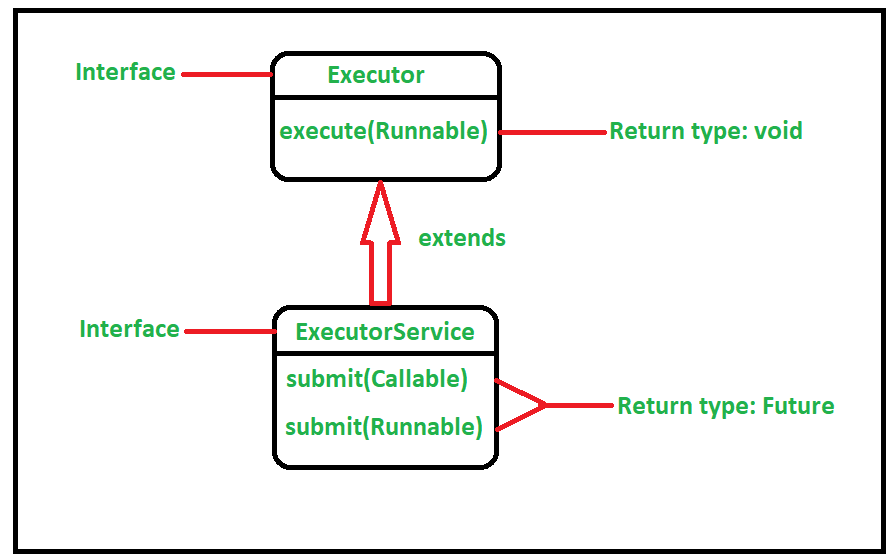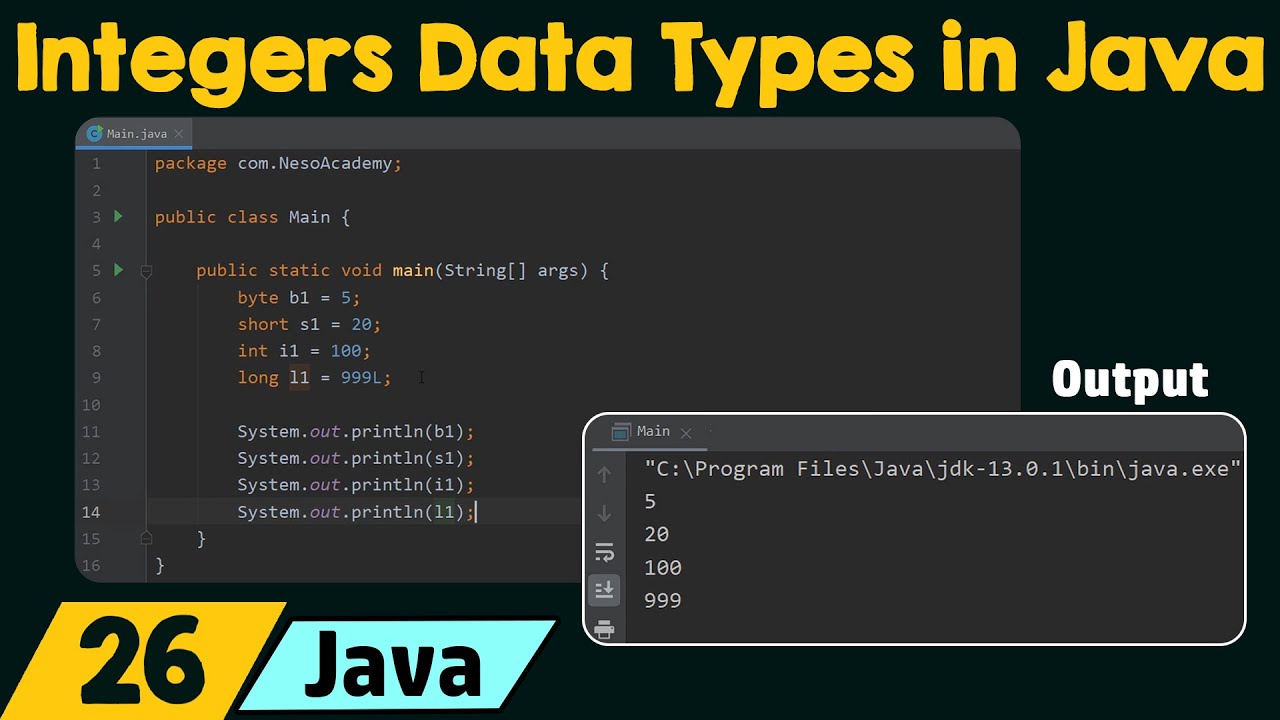scope of instance variable in java
scope of instance variable in java
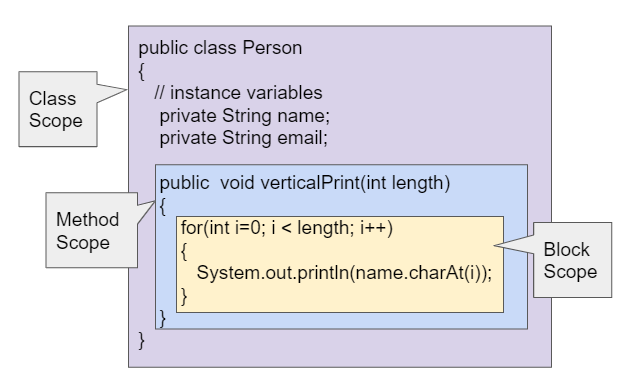
I'm happy to help you with that!
Instance variables in Java are non-static fields declared within a class, outside any method or constructor. They are created when an object is instantiated and destroyed when the object is garbage-collected.
The scope of instance variables refers to the region of the program where they can be accessed. There are two types of access modifiers in Java: public and private.
Public Access Modifier
An instance variable declared with the public access modifier can be accessed from anywhere within the class, as well as from outside the class (from any part of the program). This means that an object's public instance variables can be modified by other parts of the program that have a reference to that object.
Here is an example:
public class Dog {public String name;
public void setName(String name) {
this.name = name;
}
}
In this example, the name instance variable is declared as public. This means that any part of the program can access and modify the name field.
Private Access Modifier
An instance variable declared with the private access modifier can only be accessed within the same class. It cannot be directly accessed from outside the class.
Here is an example:
public class Dog {private String name;
public void setName(String name) {
this.name = name;
}
}
In this example, the name instance variable is declared as private. This means that only the methods within the same Dog class can access and modify the name field.
Protected Access Modifier
An instance variable declared with the protected access modifier can be accessed from any part of the program that has a reference to an object of the same class or its subclass. However, it cannot be directly accessed from outside the package where the class is defined.
Here is an example:
public class Dog {protected String name;
public void setName(String name) {
this.name = name;
}
}
In this example, the name instance variable is declared as protected. This means that only objects of the same class or its subclass can access and modify the name field.
Default (or No Modifier)
An instance variable declared without an explicit access modifier has default access, which is the same as package-private access. This means that it can be accessed from any part of the program within the same package where the class is defined.
Here is an example:
public class Dog {String name;
public void setName(String name) {
this.name = name;
}
}
In this example, the name instance variable has default access. This means that only objects of the same class or within the same package can access and modify the name field.
In summary, the scope of instance variables in Java refers to the region of the program where they can be accessed. The access modifiers (public, private, protected) determine whether an instance variable can be accessed from outside the class, within the same package, or only within the same class.
I hope this helps you understand the scope of instance variables in Java!
What is the scope of local and global scope in java example

I'd be happy to help you with that!

Local Scope
In Java, local scope refers to the variables declared within a method or block (like if-else statements or try-catch blocks). These variables are only accessible within their respective scope and cease to exist once the method or block is exited. Local scope variables are also known as "method-level" or "block-level" variables.
Here's an example:

public class LocalScopeExample {public static void main(String[] args) {
int x = 10; // local variable in the main method
{
int y = 20; // local variable within a block
System.out.println(y); // prints 20
}
System.out.println(x); // prints 10, but trying to print y will result in an error because it's out of scope
}
}
In this example:
x is a local variable declared within the main method and is accessible throughout its scope. y is another local variable declared within the block (the inner { }), which has a narrower scope than x. Once we exit the block, y becomes inaccessible.
Global Scope
Global scope refers to variables declared at the class level or at the top-level of your Java program. These variables are accessible from any method or block within the same class and remain valid until the program terminates.
Here's an example:
public class GlobalScopeExample {public static int x = 10; // global variable
public static void main(String[] args) {
System.out.println(x); // prints 10, accessible from anywhere in this class
}
}
In this example:
x is a global variable declared at the class level and can be accessed from any method or block within the same class.
Key differences between local and global scope variables:
Accessibility: Local scope variables are only accessible within their respective method or block, while global scope variables are accessible throughout the entire class. Duration of existence: Local scope variables cease to exist once the method or block is exited, whereas global scope variables remain valid until the program terminates.In summary:
Local scope variables are declared and used within a specific method or block and have a narrow scope. Global scope variables are declared at the class level and can be accessed from anywhere in the same class, having a broader scope.I hope this helps clarify the concepts for you!

